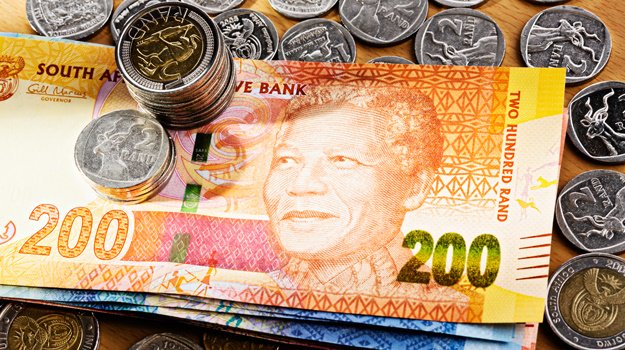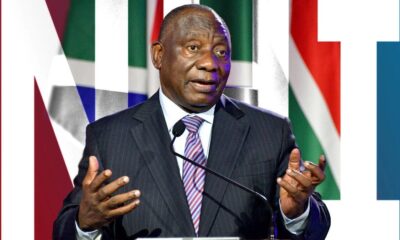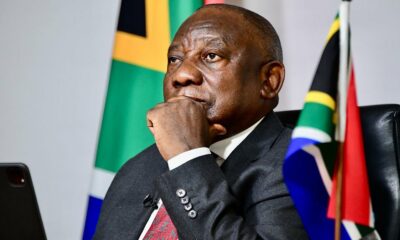News
Rand Rigging Returns: South Africa’s Banks Face Their Day in Court

For nearly a decade, whispers of a rand manipulation scandal have hung over South Africa’s biggest banks. Now, the country’s highest court is preparing to decide whether those whispers become a trial — or fade into silence.
A Case That Just Won’t Go Away
From Tuesday, 19 August to Friday, 22 August, the Constitutional Court will hear the Competition Commission’s bid to overturn a ruling that cleared dozens of banks of wrongdoing. At the centre of the case are allegations that both local and global giants colluded to distort the dollar-rand exchange rate, one of the most closely watched currency pairs in Africa.
Since 2015, the commission has accused 28 banks of forming a cartel to fix spreads, divide markets, and give each other cover in trades involving the USD/ZAR. Some admitted guilt and paid fines, while others continue to deny involvement.
The Banks Under the Microscope
The scale of the case has been staggering. Names like Standard Bank, FirstRand, Barclays, and Absa have all been dragged into the saga, alongside global heavyweights like JP Morgan, HSBC, and Credit Suisse.
So far:
-
Barclays and Absa applied for leniency.
-
Citibank and Standard Chartered settled and paid fines.
-
Investec chose not to appeal.
-
Nedbank and FirstRand Group managed to get their cases dropped.
-
BNP Paribas, JP Morgan, Credit Suisse, and HSBC remain tied to the case after their appeals failed.
For the remaining 13 banks, the Constitutional Court’s decision could mean a return to the dock.
What the Commission Wants
The Competition Commission argues that traders manipulated the rand by fixing bids and offers, coordinating on spreads, and even taking turns on trades. According to the commission, the banks should not be allowed to sidestep answering the allegations simply because of jurisdictional loopholes.
“The banks face no prejudice by being required to answer the case,” the commission insists, saying the deficiencies can be ironed out at trial, where evidence will finally be tested.
Banks Push Back
For their part, South Africa’s major banks say the commission’s case has been riddled with contradictions. Some traders allegedly acted before even joining the institutions they’re accused of representing. The Competition Appeal Court went as far as calling the commission’s case “vague” and “full of contradictions.”
Big banks like Standard Bank and FirstRand argue they’ve suffered reputational and financial damage simply by being named, even as the years drag on without conclusive findings.
Why It Matters Locally
For ordinary South Africans, the rand is more than a number on a trading screen. It’s the measure of groceries, petrol, tuition fees, and international travel. Allegations that banks colluded to tip the balance of the currency for profit hit home in a country where economic inequality already runs deep.
Social media has reflected the tension, with some users demanding accountability from the banks while others question whether the commission can actually deliver justice after so many delays.
What Happens Next
The Constitutional Court’s ruling will decide whether the majority of the banks must return to answer the allegations or if the chapter finally closes for all but a handful of global players.
Either way, South Africa is watching closely. The outcome could reshape public trust in the country’s financial sector — or confirm the suspicion that when it comes to banking giants, justice moves at the slowest pace of all.
Source: Business Tech
Follow Joburg ETC on Facebook, Twitter , TikTok and Instagram
For more News in Johannesburg, visit joburgetc.com



























